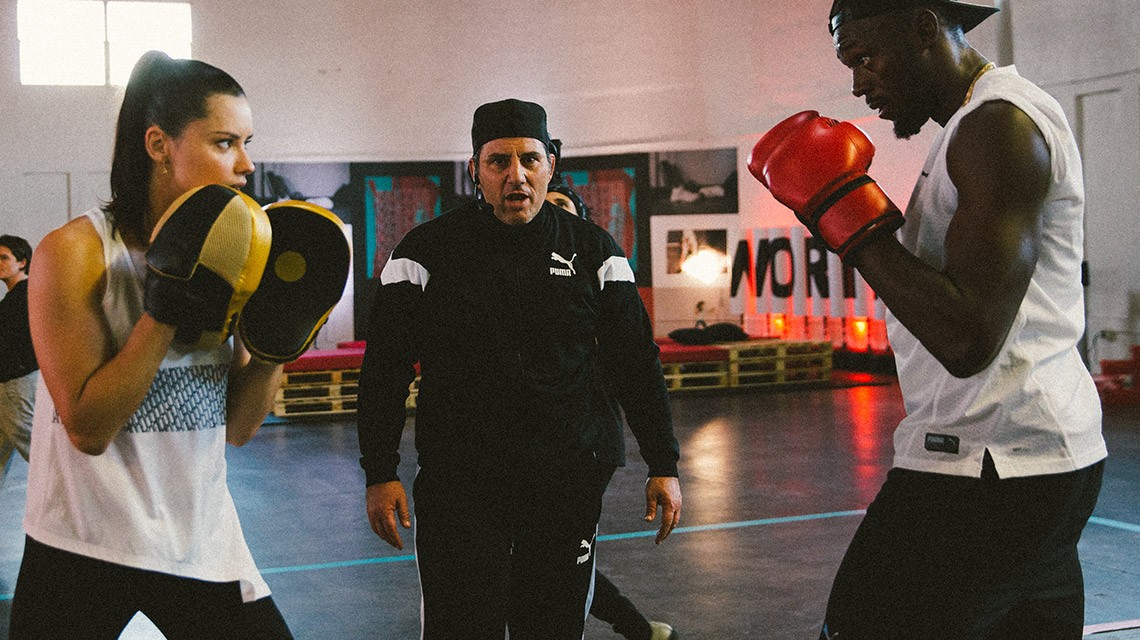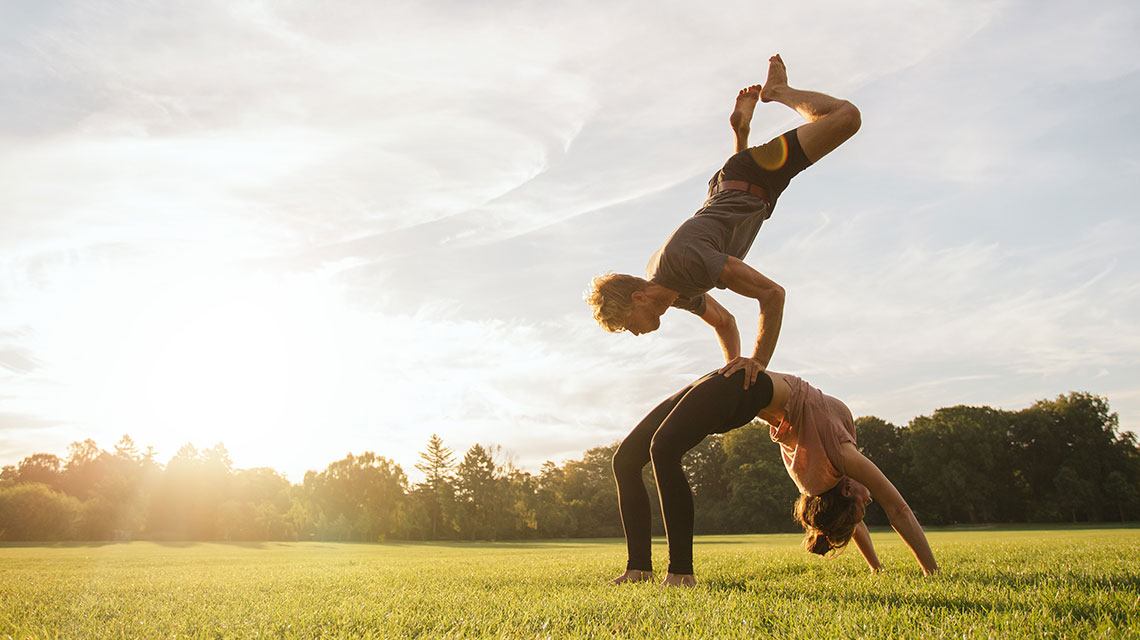
Train Your
Inner Goddess
Understanding why training evolves, and making it work for you
March 6, 2020Understanding why training evolves, and making it work for you
March 6, 2020In Collaboration
As your body changes, so too should the focus of your training. Adapting your focus with the changing hormone environment will promote health and mobility throughout your lifespan. So, what type of training should you focus on? The clue may lie in your age.
The 20’s
This decade is all about laying the foundations; creating a positive relationship with your body and making exercise habitual. Building a base level of fitness can also help to boost confidence in this particularly influential stage of life.
Strength training is very important during your 20’s, to build lean muscle mass and improve bone density. Bone development for women comes to a standstill around 30 years of age therefore it’s important to elevate bone density as much as possible to avoid osteoporosis later in life.
Training tip: Include mixed modalities to build a fitness base with a focus on strength training.
The 30’s
During your 30’s weight training holds importance for reducing bone density losses and building and maintaining lean muscle mass. This is particularly key because during this time BMR is known to drop often resulting in weight-gain and an increase in bodyfat mass. There is also a reduction in growth hormone and testosterone, both of which play a role in maintaining lean muscle and metabolism.
During the 30’s many women consider pregnancy and training should be geared towards supporting them during this time. As a general guideline, women may continue training habits (with altered intensity) that they have solidified before falling pregnant. Making it even more important to build healthy habits into your life as early as possible.
Training tip: Continue to focus on strength training to maintain muscle mass, bone density and support pregnancy.
The 40’s
Muscle mass deteriorates at a greater rate from 40 years old onwards meaning that strength training remains key during this time. Beyond aesthetics, lean muscle is so important for mobility, confidence, cardiovascular fitness and everyday functional strength. Moving into perimenopause and menopause, it’s also important to look at lifestyle factors here such as stress, sleep quality and nutrition to help deal with the changes and potential weight gain, fatigue and hot flushes.
Post menopause, bone density reduces quickly and therefore limiting bone loss becomes a major concern.
Training tip: Focus on lifestyle factors to reduce stress and inflammation during this time of change.
The 60’s and up
Regular daily movement and maintaining mobility are of utmost importance here. Maintaining functional movement is powerful in maintaining a social life and community connectedness. Social interaction and independence are positively related to life expectancy and quality of life. Consistent strength training and cardiovascular exercise help to reduce the risk of lifestyle related diseases like cardiovascular disease and type 2 diabetes.
Training tip: Include regular mobility classes like yoga and Pilates.
As you can see, throughout all of the stages of life, one theme remains constant for adult women: strength training plays an enormously important role, as it positively impacts bone density, lean muscle mass, BMR and functional movement. Consistent strength training not only improves quality of life, but also builds confidence for women of all ages.
With the ever-changing hormonal environment remember to adapt your training to match your energy levels. There will be weeks when you feel more energized, strong and motivated – and weeks where the tank feels empty. Go hard when you have the energy and back off when you don’t. It’s not about taking the ‘easy’ option, it’s about listening to your body in order to maximize the outcome and boost performance.
Consistent and sustainable training is important for long-term health. A big part of creating sustainable training across your lifespan is being involved in exercise you enjoy. Often social activities and groups stand the test of time; the friendships and communities get you motivated and excited to stay active.
Lastly don’t underestimate the impact of chronic stress which can negatively impact an otherwise healthy lifestyle. Sustained high levels of cortisol and adrenaline not only make it difficult to sleep but can result in reduced muscle growth, increased fat storage and fatigue. A regular mind body practice like yoga or meditation can help reduce stress and give these hormones a chance to reduce to normal levels.
Include strength training. Listen to your body. Do what you enjoy. And reduce stress. Because feeling strong, empowered, healthy and confident leads to you living a fuller more active life.





